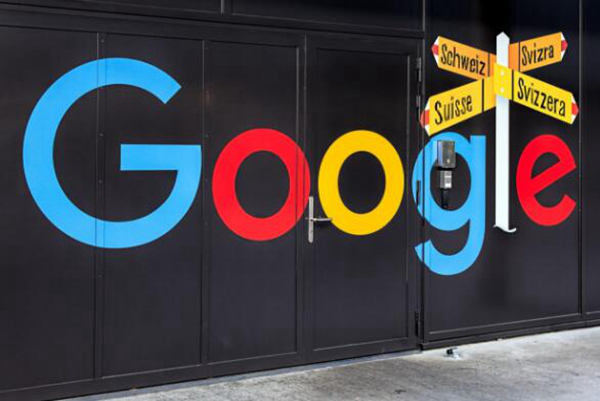Google officially launched its AI coding assistant "Jules" on Wednesday, marking a significant advancement in automating programming tasks. Jules is developed on the latest Gemini 2.0 platform and can autonomously fix software vulnerabilities and prepare code changes while developers take breaks.
The system can seamlessly integrate with the GitHub workflow system, analyze complex codebases, implement fixes across multiple files, and generate detailed pull requests without continuous human supervision.

The launch of Jules comes at a time when the software development industry is facing ongoing talent shortages and pressure from technical debt. Market research firm Gartner predicts that by 2028, AI-assisted coding will play a role in 75% of new application development. This trend indicates a growing demand for automated coding assistants.
Unlike traditional coding assistants, Jules not only provides repair suggestions but operates as an autonomous agent within the GitHub ecosystem. It can analyze codebases, formulate comprehensive repair plans, and execute repair tasks across multiple files simultaneously. Additionally, Jules' seamless integration with existing developer workflows makes it more practical.
During the press conference, Jacqueline Konzelman, Director of Product Management at Google Labs, emphasized the system's security features. She stated, "Developers maintain control throughout the process." Jules will propose suggested plans before taking action, allowing users to monitor their coding progress in real time and requiring explicit approval before merging any changes, ensuring human oversight during the development process.
Jules is not just a coding assistant; it is also part of Google's larger vision to create AI agents that can operate autonomously while maintaining human oversight. The system is powered by Google's latest large language model, Gemini 2.0, which significantly enhances code understanding and generation capabilities.
For many developers, Jules raises important considerations about the future of their careers. However, initial tests suggest that Jules is more likely to enhance rather than replace human developers' work. By using Jules and related tools, researchers at Lawrence Berkeley National Laboratory reduced the processing time for certain analytical tasks from a week to a few minutes, allowing them to focus on more complex challenges.
Financially, Jules could have a significant impact. According to McKinsey, software development projects often face the risk of cost overruns, with large IT project budgets typically exceeding 45%, and delivered value falling short by 56%. By automating routine vulnerability fixes and maintenance tasks, Jules is expected to significantly reduce these costs and accelerate development cycles.
Initially, Jules will be available to a small group of trusted testers, with broader access expected in early 2025. Google plans to integrate similar functionalities into its development ecosystem, including Android Studio and Chrome DevTools.
As technology advances, Jules will face increasingly complex programming challenges and must maintain code quality and security. A senior developer at a major tech company stated, "This commitment is not just about fixing vulnerabilities faster; it’s about fundamentally changing our perspective on software development."
Project link: https://labs.google.com/jules/
Highlights:
🌟 Jules is Google's latest AI coding assistant, capable of autonomously fixing software vulnerabilities and generating code changes.
🔧 The system seamlessly integrates with GitHub, analyzes complex codebases, and implements fixes across multiple files simultaneously.
📅 Jules will be open to more users in early 2025, aiming to improve development efficiency and reduce costs.







